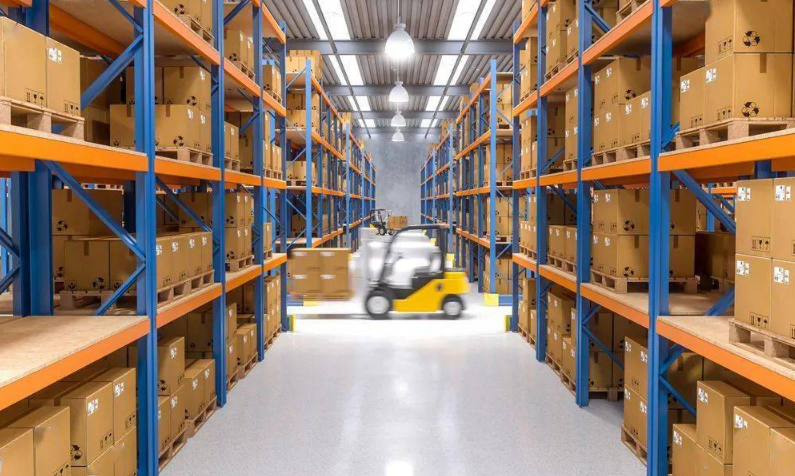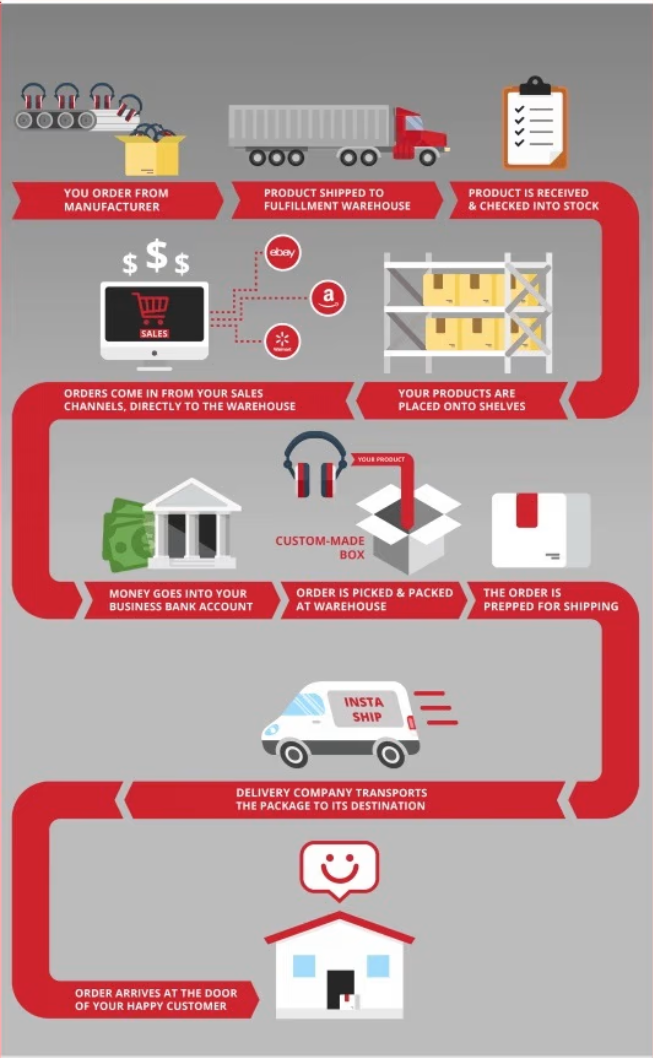Difference Between Warehouse and Fulfillment Center?
Return To List
Return To List
Warehouses and fulfillment centers are frequently confused and used interchangeably. In actuality, they are very different. While both fulfillment centers and warehouses are enormous structures that keep goods for firms that sell products, the similarities end there. The services each provides and the situations in which they are employed differ greatly depending on the demands of the organizations that use them. We'll go through the functions of each so you can decide which is best for you and your business.
What are warehouses and when do they come in handy?
A warehouse is a structure where items and products are stored for a lengthy period of time. It's a location meant to store or house a company's inventory in bulk until it's needed (for example, if your company sells a seasonal product and requires a place to keep items throughout the rest of the year when your product isn't in demand). When you walk inside a warehouse, you'll see towering shelves stacked with various items and forklifts driving about and carrying containers. Daily, what happens in a warehouse is rather consistent. Inventory is added, relocated to new places when needed, and transferred out. Fulfillment centers can also serve as warehouses. However, warehouses do not serve as fulfillment centers.

Warehouse organizations are sometimes more focused on wholesale or business-to-business orders that deal with big volumes of merchandise. Larger retailers may maintain extra goods or rent warehouse space to other businesses. Depending on the conditions of the lease, leasing warehouse space is typically a wise and cost-effective choice for smaller or mid-sized shops.If you need to keep excess items for your business until they are required, and smaller storage solutions aren't working, a warehouse may be what you need.
What does a fulfillment center do?
A fulfillment center, like a warehouse, is a large structure that keeps products for a company. However, it also fulfills a variety of additional functions. A fulfillment center, often known as a third-party logistics provider, generally keeps things for brief periods of time before shipping them out. They collaborate with shops, e-commerce firms, enterprises, and other organizations to fulfill B2B and B2C orders. A fulfillment center's responsibility is to provide items to clients who have recently placed an order as soon as feasible. Unlike a warehouse, merchandise at a fulfillment center will not stay for long (typically no more than a month or two) - the main purpose is to deliver the goods to the consumers who need them as quickly as possible.
Rather than a warehouse, retail purchases are often dispatched from a fulfillment center. Even if you keep surplus items at a warehouse, they may be transferred from the warehouse to a fulfillment center, where they can be processed promptly and then delivered to their final destination with the consumer. A warehouse does not service external customers, but a fulfillment center's primary concentration is on servicing external consumers.

Fulfillment centers are frequently teeming with activity. They are constantly processing, packing, and shipping orders to clients around the clock. They also receive inventory shipments, have personnel choose products, pack boxes, and label shipments and orders, send out completed orders, and manage returns. As a result, fulfillment centers have the most advanced technology for processing orders, managing inventory, coordinating transportation, and other related responsibilities.
Fulfillment centers are ideal for firms that lack the time or resources to store, pack, and transport orders.
Fulfillment center vs. Warehouse, which is right for you?
Before making this selection, examine your storage and transportation needs if you operate a small or medium-sized business or are a merchant. If you spend a lot of time packaging boxes and sending goods, it may be time to outsource your fulfillment process.
Furthermore, depending on your facilities, you may run out of storage space (particularly if you conduct your business from home). Storage units might be inexpensive and efficient if you simply need additional room to keep your items. A warehouse may make sense as your business expands and requires more room, but in today's age of internet buying, a fulfillment center has far more versatility and can handle multiple duties in one location.
Wrapping up
As an e-commerce business owner, it's critical to manage your inventory effectively in order to maximize your budget and gratify your most valuable resource - your consumers. Despite the fact that the terms are frequently used interchangeably, fulfillment centers and warehouses serve quite different functions. Warehousing firms just store things for later use, whereas fulfillment centers hold products momentarily, select and pack orders, and ensure they reach your consumers on time.
If you are a company owner considering outsourcing your fulfillment process, please contact us to learn more about our services.




